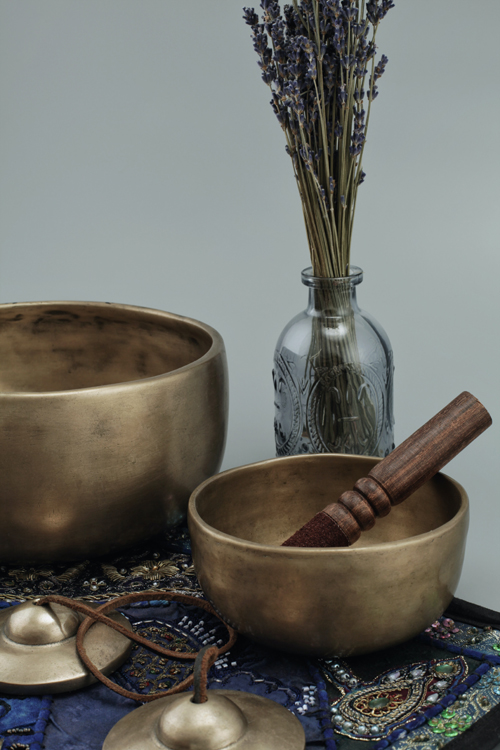Perspectives on the last week’s headlines
By Liza Horan, Editor
People are questioning governmental advice, challenging directives from health authorities, and news media and tech companies are attempting to control rumours disguised as facts. Credibility, a constant force in the mind-body-spirit movement, is now a daily concern for mainstream health and the authorities are attempting damage control.

While the cases of coronavirus continue to increase — 1.13 million confirmed cases and 63,000 deaths across 208 countries — so, too, are false claims of causes and cures.
In the past week, conspiracy theories of 5G causing Covid-19 have been dismantled; rumours that ibuprofen weakens immunity to the virus are revealed as hypothesis not fact; religious leaders continue to be busted for peddling fake cures (an Argentinian pastor this week and US televangelist Jim Bakker beforehand); Iron Man 2 actor Keith Lawrence Middlebrook could face up to 20 years in jail for peddling fake cures; and a Briton has been arrested in the US for smuggling in a fake cure.
And, no, breathing hot air from a hair dryer or sauna or drinking lemon juice tea aren’t antidotes to coronavirus.
Several countries issued guidelines or laws to bar people from joking about coronavirus on April Fools’ Day. Even Google approached the day in a sober manner.
The measures that can lower risk of contracting the virus or lessening the severity of symptoms — like social distancing, sleep and immune-boosting nutrition — are being well publicised. A just-released report from the American Thoracic Society states that the most common factors of fatal cases in Wuhan were men over the age of 60 whose chronic conditions were hypertension, diabetes and coronary heart disease, among others. The full results will be published in the June issue of American Journal of Respiratory and Critical Care Medicine.
In March, NHS website received more than double its usual visits, as people accessed the site 61 million times. Digitised medical care in the UK has progressed exponentially during the coronavirus crisis. “Hospital and GP appointments have moved online, and red tape around the sharing of patient records is being cut,” The Times UK wrote in a story on how the pandemic is future-proofing care by the NHS. “It has taken ‘two and a bit weeks to achieve more than we have achieved in 20 years’ in adopting new technology, according to Martin Marshall, chairman of the Royal College of General Practitioners. He estimated that even after the pandemic, up to half of GP appointments would be online or by telephone.”

While following government advice is vital, some alternative, complementary, natural health and spiritual growth disciplines are being covered by mainstream media for a change:
- VICE is exploring claims by medical intuitives who promise to switch DNA for immunity
- InterestingEngineering presented the therapeutic effects of sound healing by focusing on Tibetan bowls. They refer to research that shows positive effects including lowered blood pressure, pain reduction, improved sleep and move, and lowered stress.
- CNBC published Deepak Chopra’s tips for taking care spiritually during the pandemic. Chopra’s advice to boost spiritual wellness includes having a sense of meaning and purpose; loving and being loved; and tapping into inner peace and joy, among others. “They give you a sense of control over your life,” Chopra writes. “By bringing you closer to your soul, spirit, higher awareness or deeper self (choose any term you prefer), these things reverse the most damaging spiritual trend in modern society: the desperate urge to flee from ourselves.”
In other news:
- Acupuncture is up to four times as effective than drug treatment for migraine
- Creativity takes place on both sides of the brain, according to a Drexel University study to be published in the June issue of Neuroimage. Neuroscience News’ write-up said, “Creativity is a right-brain ability when a person deals with an unfamiliar situation, but that creativity draws on well-learned, left-hemisphere routines when a person is experienced at the task.”
- People are turning to nature to stay active and to grow their own produce.


Comments